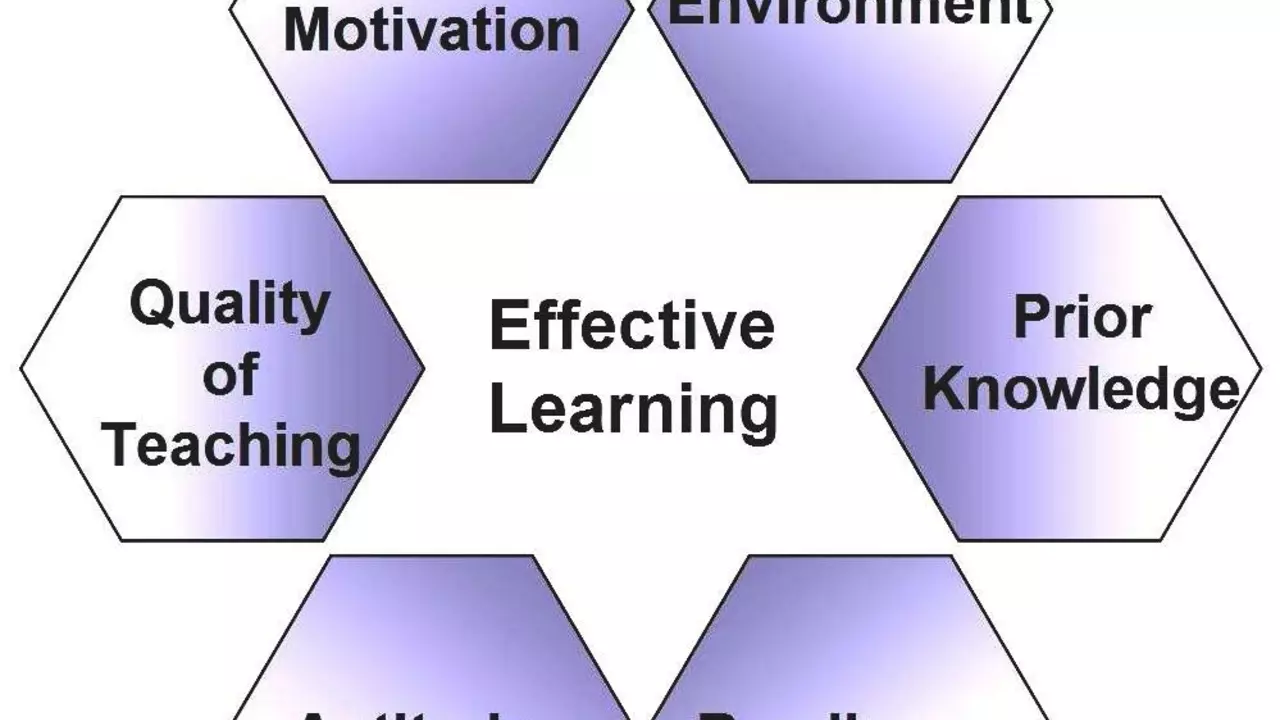Swimming for Beginners: Why It Feels Hard and How to Get Better
Ever stepped into a pool and felt like you were fighting the water? You’re not alone. Many people think swimming is just a splash and a stroke, but the first few sessions can feel like a full‑body test. The good news? It’s a skill you can break down, practice, and master.
What Makes Swimming Tough for Newbies?
The main challenge is coordination. Your arms, legs, and breathing have to work together in a rhythm that feels natural on land but weird in water. Add the feeling of floating, and you get a mix of physical and mental hurdles. Fear of water is also common – the unknown sensation of buoyancy can spark anxiety, which makes your muscles tense and wrecks your technique.
Another hidden difficulty is endurance. Swimming uses muscles you don’t normally train in a gym, so you tire quickly. A typical beginner might only manage a few strokes before needing a breath‑break, and that can feel discouraging.
Practical Tips to Turn the Tide
Start with breath control. Practice taking a deep breath, holding it for a few seconds, then exhaling slowly in the water. Do this while standing in shallow water – it builds confidence without the stress of moving.
Next, focus on one body part at a time. Lay a kickboard on the pool floor and practice kicking only. Once you feel steady, add a simple arm pull while keeping the kick steady. Building these pieces separately makes the full stroke feel less chaotic.
Consistency beats intensity. Aim for short, regular sessions – 20‑minute swims three times a week. Your body adapts faster to frequent, low‑stress practice than to occasional marathon laps.
Don’t forget to warm up on land. Light jogging or dynamic stretches get the blood flowing to the muscles you’ll use in water, reducing fatigue early on.
Finally, track progress. Write down how many strokes you can do without stopping, or how long you can stay afloat without panic. Seeing numbers improve over weeks gives a real boost and keeps motivation high.
Swimming isn’t just a skill; it’s a health and fitness tool that works your heart, lungs, and muscles without pounding joints. Once you push past the beginner wall, you’ll notice better posture, stronger core, and a calmer mind.
So, next time you slip into the pool, remember: focus on breathing, break the stroke into parts, and keep sessions short but frequent. With a bit of patience, the water will feel like a friend, not a foe.



